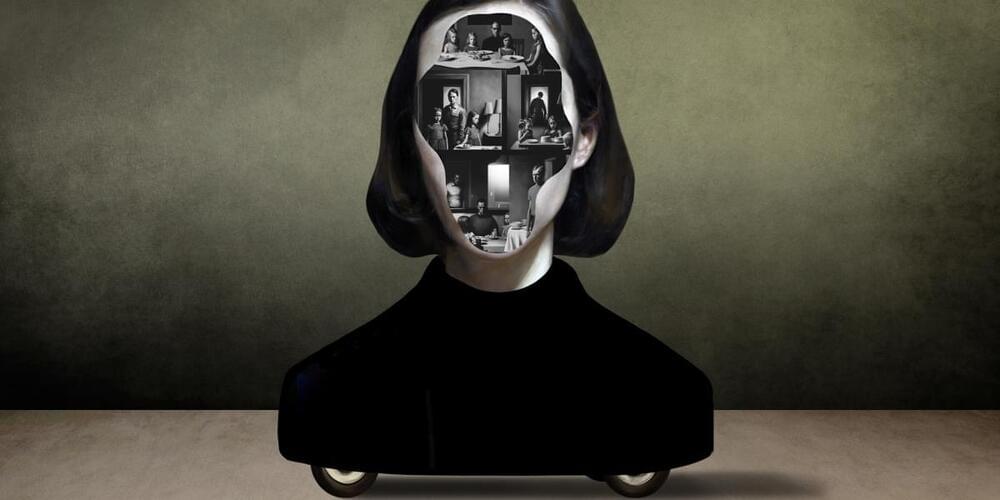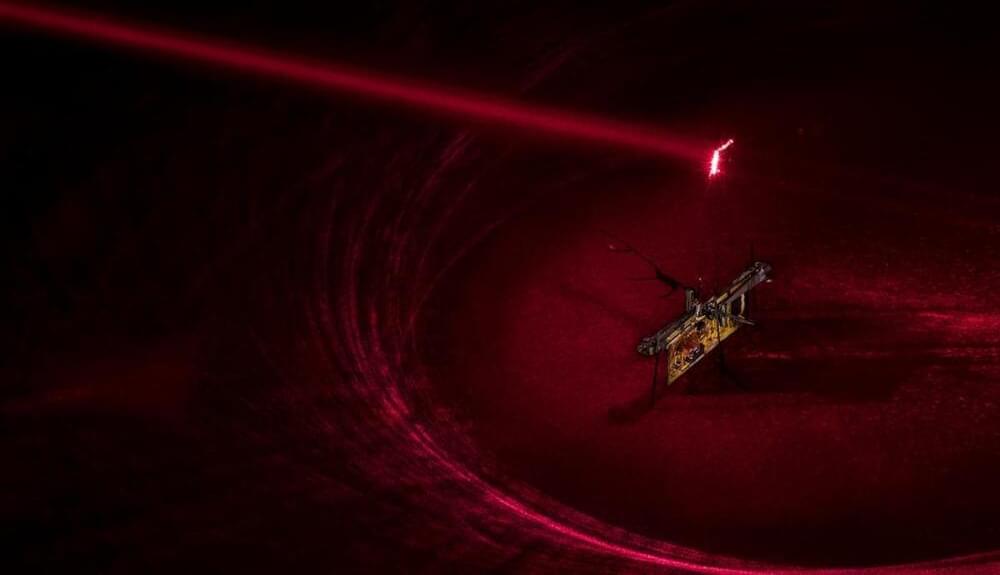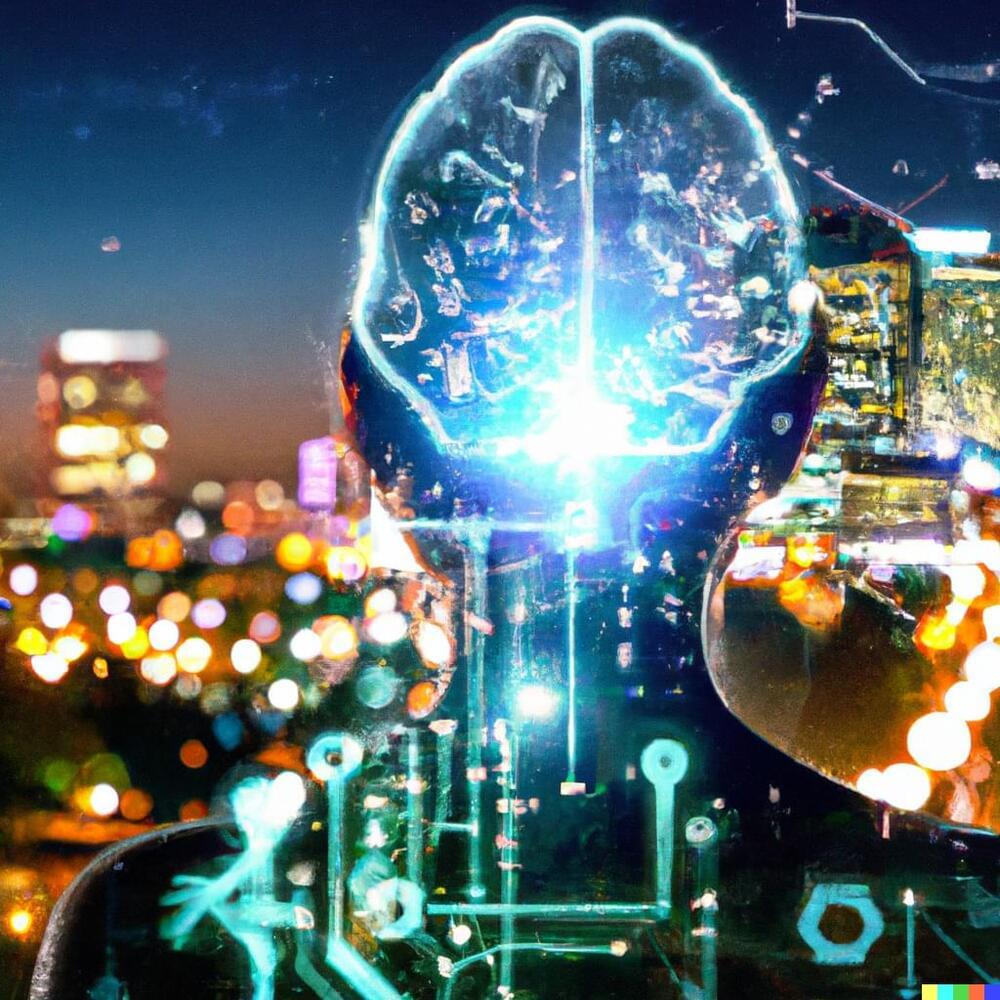A science vlogger has given snakes their legs back — and the fact that led him to his mad invention is pretty outrageous.





As we look back at VentureBeat’s top AI stories of the year, it’s clear that the industry’s advances — including, notably, in generative AI — are vast and powerful, but only the beginning of what is to come.
For example, OpenAI, the artificial intelligence research lab behind AI tools that exploded this year, including DALL-E 2 and ChatGPT, debuted buzzed-about advancements that drew attention from the general public as well as the tech industry. DALL-E’s text-to-image generation and ChatGPT’s new capabilities to produce high-quality, long-form content made creatives question whether they will soon be out of a job — and who owns the content these tools are creating anyway?
Meanwhile, the next iteration of advancements may not be far off for OpenAI. This fall, Ray, the machine learning technology behind OpenAI’s large-scale operations, debuted its next milestone: Ray 2.0. The update will operate as a runtime layer and is designed to simplify the building and management of large AI workloads, which will allow companies like OpenAI to make even greater strides in 2023.
Is ChatGPT Creating AGI With Our Data?!
What Is AGI?
Should We Worry About OpenAIs Shady Founder Sam Altman?Find Out What Elon Musk Thinks!•••••••••••••••••••••••••••••••••••••••••••••••••••••••••••••• 🔔 Did you enjoy the content? Subscribe here:
- https://rb.gy/nekyhx🎥 Want to watch more? Find videos here:
- https://rb.gy/l03r32••••••••••••••••••••••••••••••••••••••••••••••••••••••••••••••⚠️ Copyright Disclaimers.
• Section 107 of the U.S. Copyright Act states: “Notwithstanding the provisions of sections 106 and 106A, the fair use of a copyrighted work, including such use by reproduction in copies or phonorecords or by any other means specified by that section, for purposes such as criticism, comment, news reporting, teaching (including multiple copies for classroom use), scholarship, or research, is not an infringement of copyright.”
• We use images and content in accordance with the YouTube Fair Use copyright guidelines.

With ChatGPT, OpenAI is currently testing a dialog-based general-purpose language model. According to cognitive scientist Gary Marcus, ChatGPT is just a foretaste of GPT-4.
Rumors about GPT-4 have been floating around the web for weeks, and they have two things in common: GPT-4 is supposed to outperform GPT-3 and ChatGPT significantly and be released relatively soon in the spring.
OpenAI is currently running a joint grant program with Microsoft, whose participants likely already have access to GPT-4. Microsoft CTO Scott Stein recently predicted an even more significant AI year in 2023.


Mental health has become a widespread topic nowadays.
In the past, discussions concerning mental health were often hushed up or altogether swept under the rug. A gradual cultural change has led to openly considering mental health issues and eased qualms about doing so in publicly acknowledged ways.
You might give some of the credit for this change in overarching societal attitudes as an outcome of the advent of easily accessed smartphone apps that aid your personal mindfulness and presumably spur you toward mental well-being. There are apps for mindfulness, ones for meditation, ones for diagnosing your mental health status, ones for doing mental health screening, and so on.
People on social media are touting the use of generative AI such as ChatGPT as handy for interactively providing mental health advice. This is a worrisome trend. AI Ethics and AI Law are stressed out and cautioning that this is not a sound idea.

Senior corporate officers across the nation are wringing their hands. The 2023 economic climate is uncertain, but one thing is for sure—more layoffs are coming. In November 2022 alone, more than 80,000 layoffs were announced from tech giants like Meta, Amazon, and Twitter, as well as conventional companies like PepsiCo, Goldman Sachs, and Ford.
Downsizing is one of the most difficult things that leaders ever have to accomplish.
AI can offer objective performance evaluation to help managers decide who stays and who goes. AI software startups like GoFusion Perfacto and Entomo use data from employee productivity, attendance record, and other KPIs to help separate the star players from the rest on the basis of objective performance metrics.
This approach provides department heads a justification for their downsizing decisions, freeing both leaders and teams of the worst ills of purely subjective decision-making.
When put under pressure to downsize, it is human nature for managers to make decisions biased towards short-term needs. Retaining the talent most critically needed for your organization’s core business activities today makes sense in theory. But when that happens across the board, it can leave you unprepared to take on your most important future-facing strategic initiatives.

The size of an economy is measured by GDP (Gross Domestic Product). GDP is calculated by adding up the value of all goods and services produced within a country’s borders in a given year. This includes the value of goods and services produced by both the government and the private sector. GDP is typically measured in monetary terms, using current market prices for goods and services. GDP is used as a measure of the size and strength of an economy, as well as its overall level of economic activity. It is often used to compare the economies of different countries and to track economic growth over time.
Full Story:
One of the factors limiting the GDP is the number of skilled workers. Can AI usher in an era where that factor is no longer the limitation? This article explores how AI has the potential to increase the GDP and eventually lead to a limitless economy.